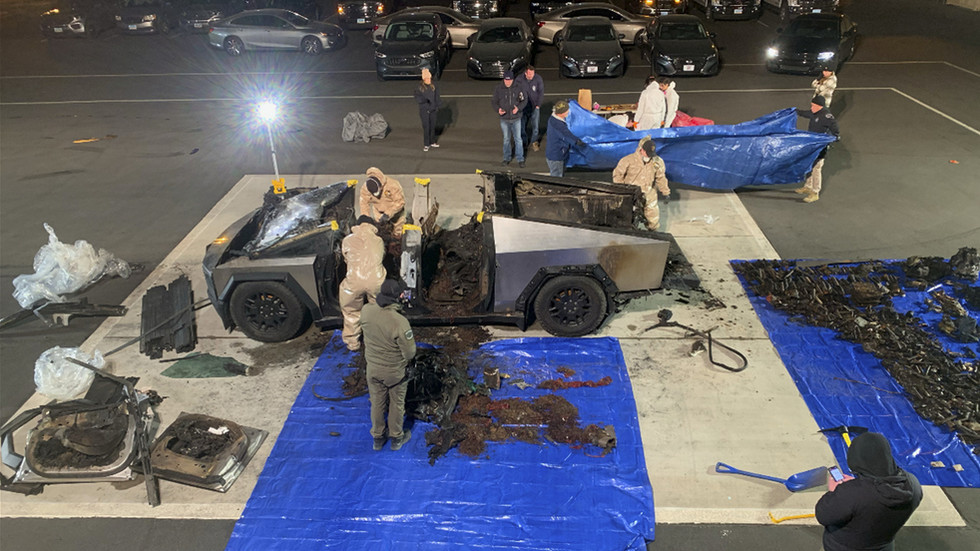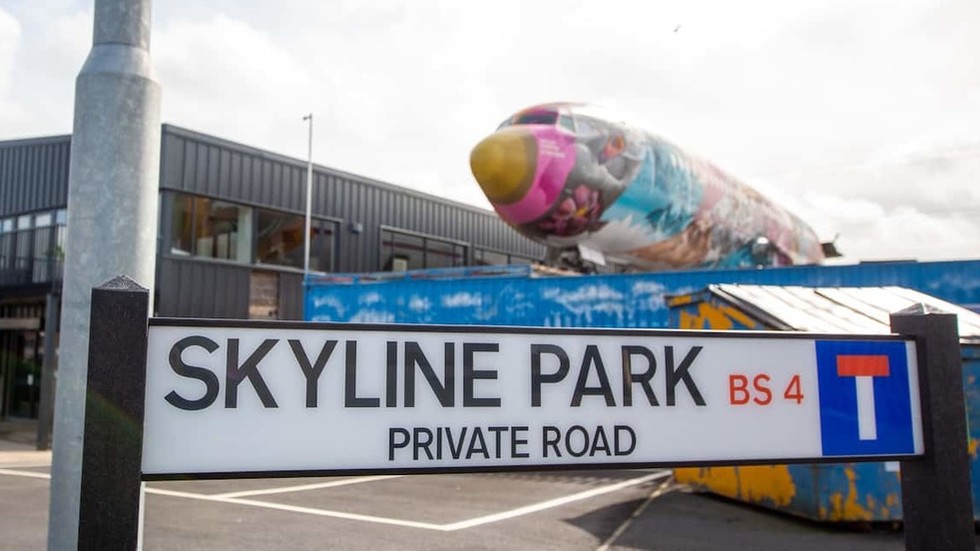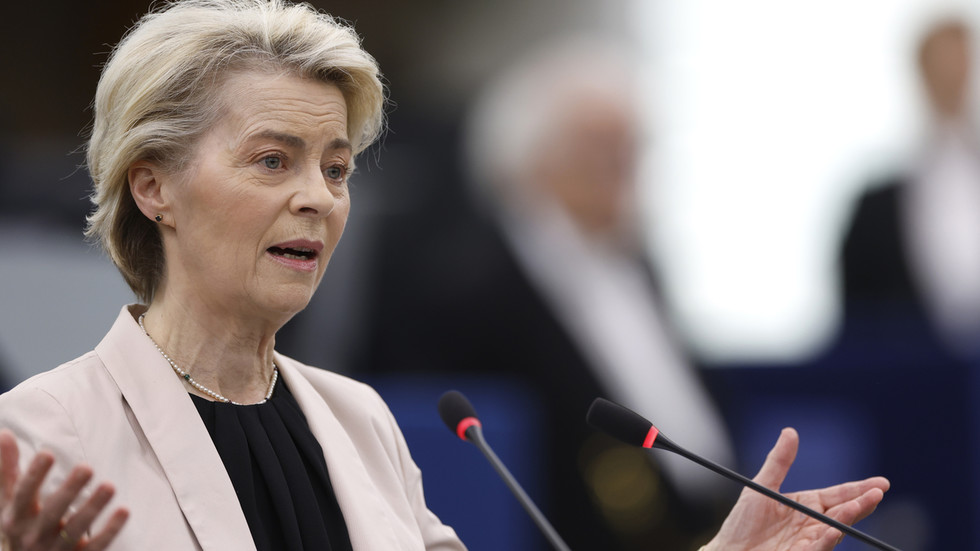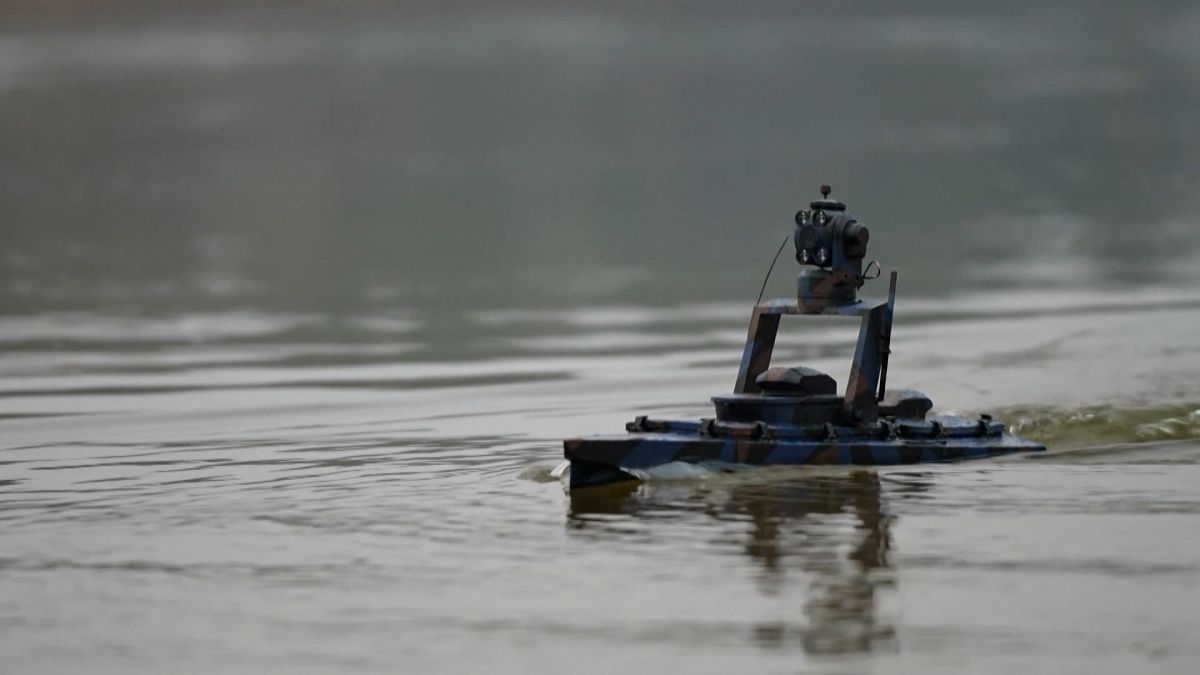If US President-elect Donald Trump fails to have his conviction overturned before 20 January, he will become the first felon to serve in the White House.
US President-elect Donald Trump has lost a bid to overturn his hush money conviction after his legal team's argument that it should be dismissed because of a recent Supreme Court ruling on presidential immunity was rejected by a judge in New York.
Manhattan Judge Juan Merchan's decision blocks one potential off-ramp from the case ahead of the former and future US president’s return to office on 20 January. While Trump's lawyers have put forward arguments for dismissal, their fate is currently unclear.
The case centred on the payment of $130,000 (€124,000) to adult actress Stormy Daniels, who claimed she had sex with Trump in 2006. Prosecutors argued the money was paid in order to silence Daniels in the run-up to the 2016 US presidential election.
In May, a jury found Trump guilty on 34 counts of falsifying business records over the Daniels payment.
The following month, the Supreme Court, which has a 6-3 conservative majority, ruled that presidents cannot be prosecuted for acts taken in office.
Trump’s legal team attempted to use this ruling to quash his hush money conviction, arguing that the jury was presented with improper evidence, including Trump’s presidential financial disclosure form and social media posts he made during his first term in office.
However, Merchan dismissed their claim, saying the charges concerned "decidedly personal acts" and therefore posed "no danger of intrusion on the authority and function of the Executive Branch".
In a 41-page ruling published on Monday, the judge said that even if prosecutors used evidence that could be challenged by an immunity claim, "such error was harmless in light of the overwhelming evidence of guilt."
Trump spokesman Steven Cheung called Merchan’s decision a "direct violation of the Supreme Court's decision on immunity, and other longstanding jurisprudence".
"This lawless case should have never been brought, and the constitution demands that it be immediately dismissed," he claimed.
Trump’s defence team has argued that there will be "disruptions" to the transfer of power unless the hush money convictions are dismissed.
Meanwhile, the prosecutors in the case have proposed solutions such as postponing sentencing until after Trump’s second term, which will end in early 2029.
If Trump is not cleared before he assumes the US presidency again on 20 January, he will become the first felon to serve in the White House.
Earlier this year, Trump faced four criminal cases. The hush money case is the only one to have gone to trial. The others are now either on hold or have been suspended, following Trump’s presidential election victory.
In November, special counsel Jack Smith decided to end two cases against Trump over alleged election interference and the illegal retention of classified documents, citing his return to the White House.

 2 weeks ago
8
2 weeks ago
8






 We deliver critical software at unparalleled value and speed to help your business thrive
We deliver critical software at unparalleled value and speed to help your business thrive






 English (US) ·
English (US) ·